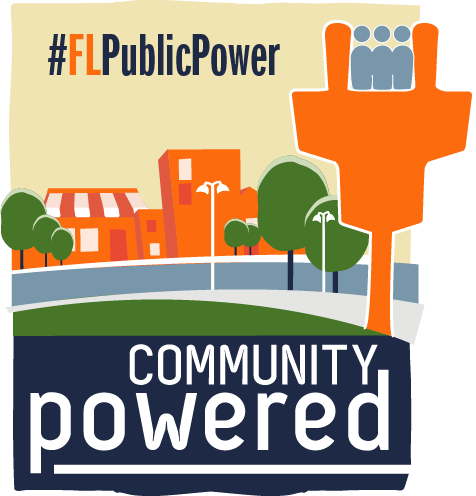Justices Reject Challenge to FPL Settlement
 Article reposted with permission from The News Service of Florida.
Article reposted with permission from The News Service of Florida.
After sending the issue back to regulators in 2023 for more explanation, the state Supreme Court on Thursday signed off on a settlement that has increased base electric rates for Florida Power & Light customers in recent years.
Justices upheld the Florida Public Service Commission’s approval of a base-rate settlement that FPL reached in 2021 and started carrying out in 2022.
The Supreme Court rejected a challenge by the groups Florida Rising, the Environmental Confederation of Southwest Florida and the League of United Latin American Citizens of Florida, which questioned the fairness of a solar-energy program and whether the settlement was in the “public interest.”
But the court’s 23-page main opinion backed the regulatory commission’s handling of the issues.
“After discussing the major elements of the settlement, the commission concluded that it was in the public interest and established rates that are fair, just, and reasonable. … Following review, we conclude that the record supports the commission’s determination and that it acted within its discretion,” Justice Meredith Sasso wrote in the main opinion, which was joined by Justices Jorge Labarga, John Couriel and Jamie Grosshans.
Justices Charles Canady and Rentha Francis concurred with the majority, while Chief Justice Carlos Muniz dissented.
FPL reached the four-year settlement in 2021 with the state Office of Public Counsel, which represents consumers in utility issues, and other parties including the Florida Retail Federation, the Florida Industrial Power Users Group and the Southern Alliance for Clean Energy.
The settlement led to a $692 million base-rate increase in January 2022 and another $560 million hike in 2023. It also included such things as allowing increases in 2024 and 2025 to pay for solar-energy projects.
But opponents challenged the commission’s approval of the settlement, and the Supreme Court in 2023 ruled that regulators hadn’t adequately justified their decision. The court said the commission did not meet a legal requirement of showing why the agreement “is in the public interest and results in rates that are fair, just and reasonable.”
That led to the commission last year issuing a more-extensive order backing the settlement. Florida Rising, the Environmental Confederation of Southwest Florida and the League of United Latin American Citizens of Florida,, represented by the Earthjustice legal organization, then filed another challenge at the Supreme Court.
A key issue in the case was part of the settlement that expanded what is known as the SolarTogether program. The program involves some customers paying more on their electric bills to help finance solar projects and then getting long-term bill credits.
During arguments last year at the Supreme Court, Bradley Marshall, an attorney for the challengers, said, in part, that commercial and industrial customers of FPL unfairly benefit from participating in the program, at the expense of other ratepayers. But attorneys for the commission and FPL disputed such arguments.
In the main opinion Thursday, Sasso wrote that the commission’s “factual conclusions regarding the potential benefits of SolarTogether are supported by competent, substantial evidence.”
“The commission’s determination that the SolarTogether expansion does not result in undue or unreasonable preference or advantage rests on its explanation of the projected benefits to all ratepayers of the development of renewable energy resources in the state,” Sasso wrote. “The commission’s approval of the allocation of benefits is rationally based on its conclusion that program participants bear the majority of the program costs. The commission also determined that the overall program increases the availability of new solar generation for residential and small business customers and increases development of renewable energy in the state. This determination was not arbitrary, even in the face of available alternative methods of meeting solar generation needs.”
But in his dissent, Muniz wrote that the commission “found no facts, and it supplied no reasoning, to justify the program’s preferential rate structure.”
“It is conceivable that facts could be developed that would justify paying for the new solar capacity the way SolarTogether does, but there is no such evidence in the record,” Muniz wrote. “It is not enough just to point to the projected benefits of new solar, because the parties’ dispute is over how to pay for the new solar capacity, not whether to pursue it at all.”
Base-rate issues are closely watched, as they involve billions of dollars, make up large portions of customers’ monthly bills and help determine utilities’ profitability. With the 2021 settlement expiring at the end of this year, the commission is considering another base-rate proposal by FPL.
 Enter your email address in the
Enter your email address in the 